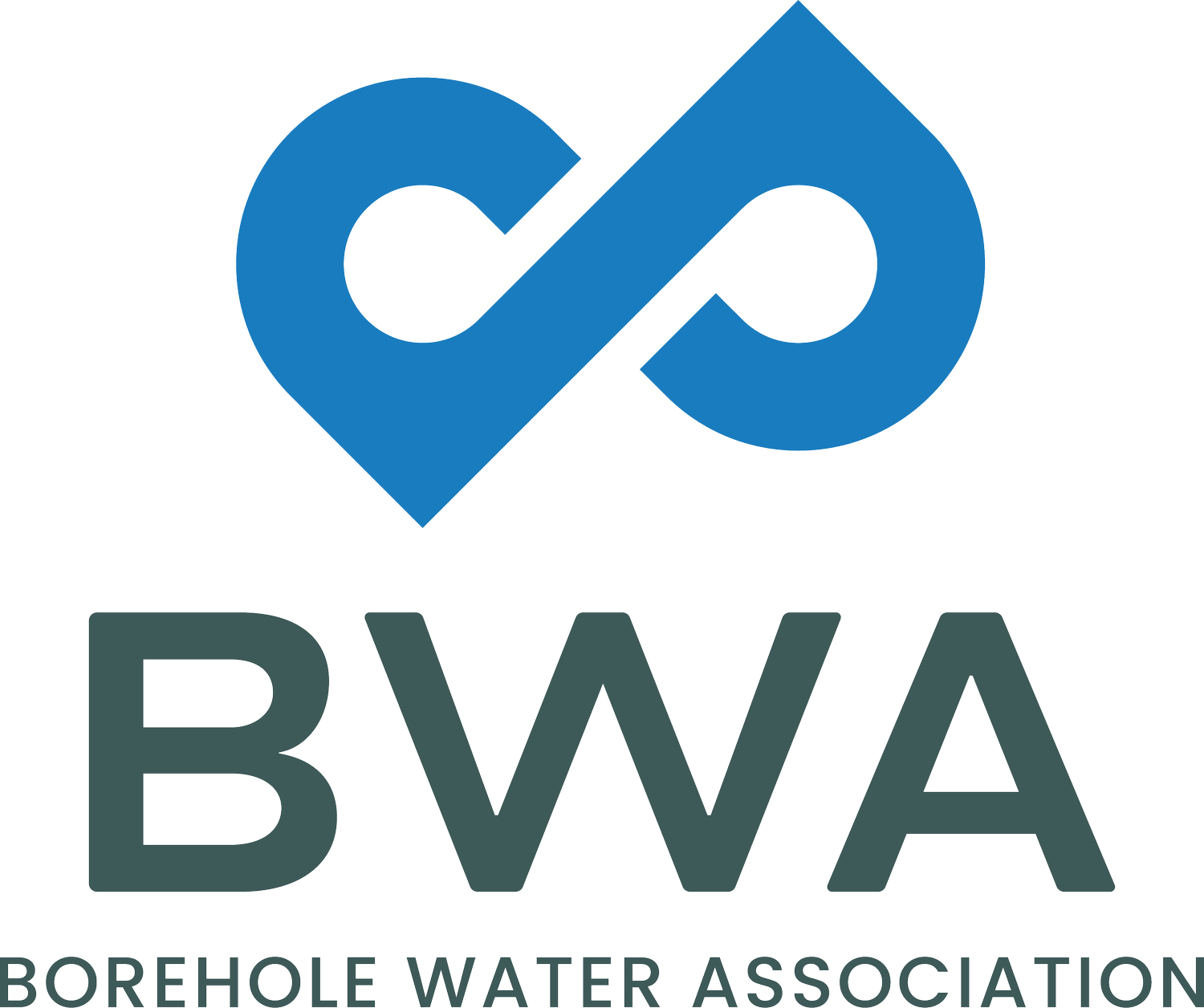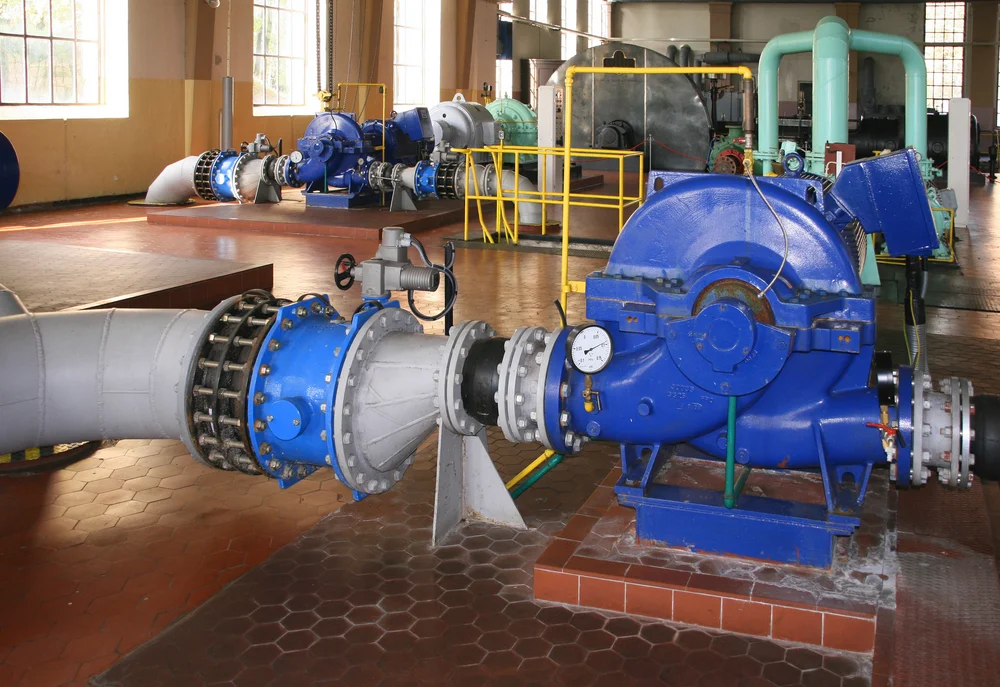Legal and responsible use of domestic boreholes
/While domestic boreholes do not usually require licences to abstract groundwater, there are some possible exceptions, according to Ismail Mahomed, principal hydrogeologist and partner at SRK Consulting. There is also the growing need for South Africans to become more responsible water users.
Boreholes are becoming more popular in South Africa, especially in areas where municipal water supply is not reliable. Mahomed emphasised, however, that water is a finite and scarce resource in countries like ours, and both a legal and a responsible approach is required if groundwater is to be sustainably managed into the future.
The National Groundwater Archive (NGA) is a valuable source where domestic borehole users can register
“It is true that Schedule 1 of the National Water Act (NWA) entitles a person to take water – without a licence – for reasonable domestic use in the person’s household,” he said. “This includes gardening, watering of animals grazing on the land, and for fire-fighting.”
For people planning to sink a borehole, however, there may be permission required by the municipality before the sinking can be conducted, he noted. Anyone in this position really needs to check whether the municipal by-laws in their area may require authorisation of some kind. The local municipality should have this information.
In terms of Schedule 1, it is important to understand the intentions of the NWA when it comes to domestic borehole use, said SRK Consulting principal scientist Avril Owens.
“The NWA is underpinned by the principles of equity and sustainability,” said Owens. “Schedule 1 tries to ensure that there is fairness in how water is shared between smaller users in the community and the larger companies that contribute to the growth of the economy. The supply to everyone needs to be sustainable.”
To ensure sustainable water supply, it is crucial that data on usage and purpose of use is gathered
Crucial to this effort, she said, is the more effective gathering of data regarding who is using how much water, and for what purposes. The National Groundwater Archive (NGA), set up and maintained by the Department of Water and Sanitation (DWS), is a valuable source where domestic borehole users can register. Mahomed suggests that borehole owners speak to their driller or hydrogeologist, to help in recording borehole details on the NGA.
SRK Consulting principal scientist Avril Owens
“The data is used for the common good of everyone and will assist in safeguarding our groundwater resources from over-exploitation,” he said. “Although domestic users are entitled to the provisions of Schedule 1, and are not obliged to register their boreholes, there is likely to be a long-term impact on our groundwater sustainability if we do not contribute to responsible management.”
Many domestic boreholes are drilled for the purposes of extracting drinking water. Owens’ advice is that anyone doing this needs to ensure the water is fit for consumption.
“There are many sources of contamination that could affect the aquifer from which your borehole extracts water – from nearby graveyards and refuse dumps to petrol stations and industrial sites,” she said. “It is vital to conduct a SANS241 test at a certified laboratory, and to treat the water if tests show that this is necessary.”
Ismail Mahomed, principal hydrogeologist and partner at SRK Consulting
Mahomed concurred, adding that leakage from sewers or underground storage tanks could also contaminate groundwater especially in urban areas. He advised that the installation of a sanitary seal at the collar of the borehole would offer some added protection.
About SRK
SRK is an independent, global network of consulting practices in over 45 countries on six continents. Its experienced engineers and scientists work with clients in multi-disciplinary teams to deliver integrated, sustainable technical solutions across a range of sectors – mining, water, environment, infrastructure and energy. For more information, visit www.srk.co.za








